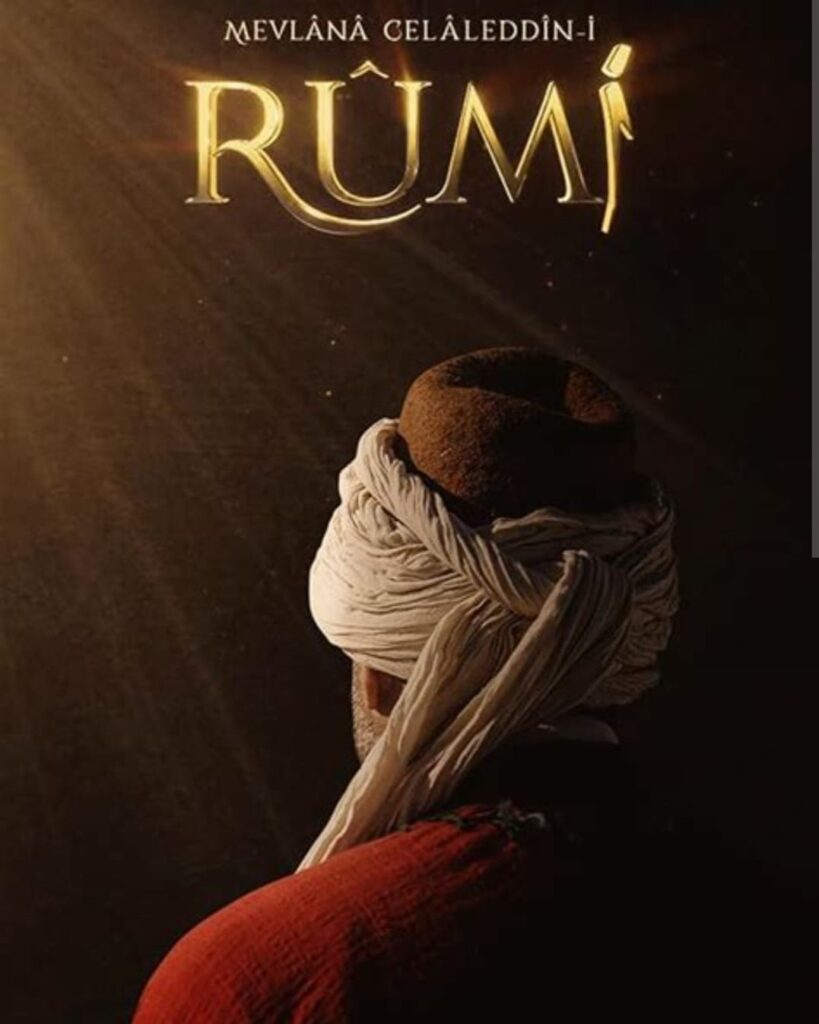Khawaja and the Hindi Parrot
There was a certain merchant who had brought a parrot while returning from his trade tour from Hind. The parrot was kept in a cage. Once, he was to travel to Hind for business again. He asked all his maids what gift they would like for themselves from Hind. He also enquired after the parrot if he would like any gift from her homeland. In return, the parrot asked to deliver a personal message to her folk that they were all enjoying freedom while she was kept locked. It was not fair that her friends had bereaved her and forgotten all the promises they shared. Now, they must tell her what she should do to get free. (See Remembering Friends) She has sent them greetings of peace, but she wants justice and a solution to free herself from prison, which is impossible without the right guidance. In Attributes of Divine Soul, Rumi has described the spirit of prophets and saints who possess the transcendental spirit (rûh-i qudsí) and soar to God on the wings of love, ecstasy, and self-abandonment.
The merchant promised to deliver this message. He offered it to the first flock of parrots as he reached Hind. On hearing the message, one of the parrots at once fell dead. The merchant was so annoyed with himself that he used words that killed an innocent bird and was confused that his parrot had sent such a message to her friends. He said, “I caused the death of an innocent bird. “Is this one, perhaps, a relative of that little parrot? (Or) was this, perhaps, (a case of) two bodies and one spirit? “Why did I do this? Why did I deliver the message (and) burn up the helpless (creature) through this rough speech?” (See In The Spirit of Christ) Here, Rumi emphasizes the importance of mentoring and adopting the right means for acquiring knowledge. He comments on (The Saying of Farid-ud-Din Attar) and then tells us how the sorcerers had respected Moses. (See The Sorcerers’Respect For Moses)
He had completed his business and returned. He was very angry, and when he returned home, he sharply rebuked his own parrot for sending such a fatal message. (See On Misuse of Words) His parrot shivered to cause him more wonder while listening to the story, then fell dead in the cage. The merchant, still in shock, lamenting his death, is dumbfounded. He curses his tongue, which makes him bear such an irreparable loss. (See O Tongue) He celebrates his regret, mourning that he had lost his sweet-singing bird. She was the wine for spirit, the blossom of the garden – the sweet basil. If Solomon could have had a bird like her, he would never have been interested in others. What a pity! That he had not known her true worth. It has caused disgrace to humanity, forgetting the original and true source of knowledge (Source of Man’s Unhappiness) and where it lies (Gnosis). How the knowledge is corrupted and how Man misguides itself, Rumi explains in (Exposition of Hadith by Hazrat Muhammad (SAW) and Saying by Hakim Sanai) He bids farewell to his dear departed friend, takes his corpse out of the cage and throws it away. Lo thunder struck him again; the parrot jumped to life and was safely perched on the tree. Smiling, she explained that the Hindustani parrot had only feigned death to suggest this way of escaping from confinement in a cage. She advised me: Escape from your selfishness and belong to the elegance of voice and joyful expansion. One’s talent and skill serve as the mightiest trap for oneself. The bird’s voice had kept her shackles. Here, Rumi introduces The Social Harms of Flattery and Public Idolatry.
The merchant asks her for advice. She guides her to be humble and lowly in spirit, not wanting public fame and popularity so that he might concentrate on his own spiritual development and moral nourishment. Rumi reverts to his friend Allah, the most exalted, and favors the belief that everything happens by the Will of Allah (See God’s Will). Last, he again gifts us the wisdom of his spiritual mentor, Hakim Sanai, a call for self-mortification – a challenge for moral transformation. (See Saying by Hakim Sanai)

A window to Mathnavi Maulvi Ma’nvi
Translation and Commentary Seema Arif
Further Links for Rumi

ExploreThe Story
- Remembering Friends
- Attributes of Divine Soul
- In The Spirit of Christ
- The Saying of Farid-ud-Din Attar
- The Sorcerers’ Respect For Moses
- On Misuse of Words
- O Tongue
- Source of Human Unhappiness
- Gnosis
- Exposition of Hadith by Hazrat Muhammad (SAW) and Saying by Hakim Sanai
- God’s Willingness
- The Social Harms of Flattery and Public Idolatry
- The Saying of Hakim Sanai
- Epilogue
( Copyright 2024 ) Dr. Seema Arif All rights reserved.
All material on this page is Seema Arif’s original writing. Using it in any form of publication and print media without prior permission will be considered a violation of rights. When quoting research papers, proper referencing should be used.






